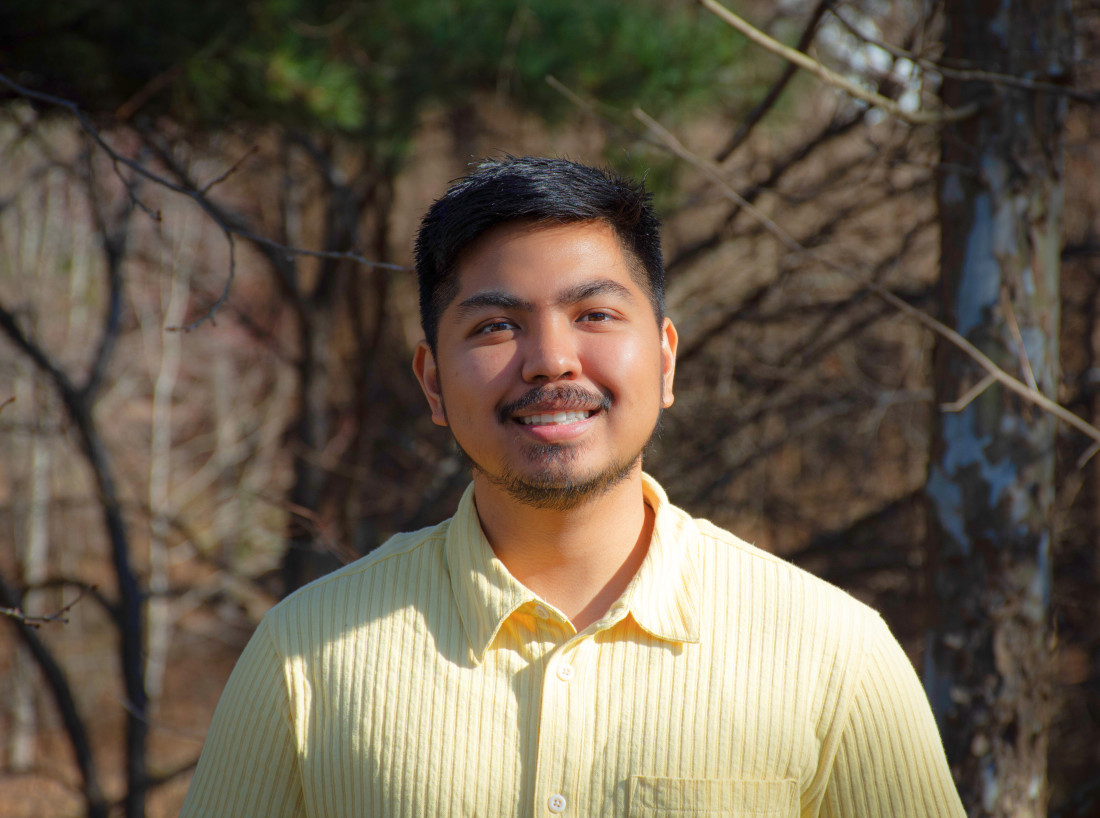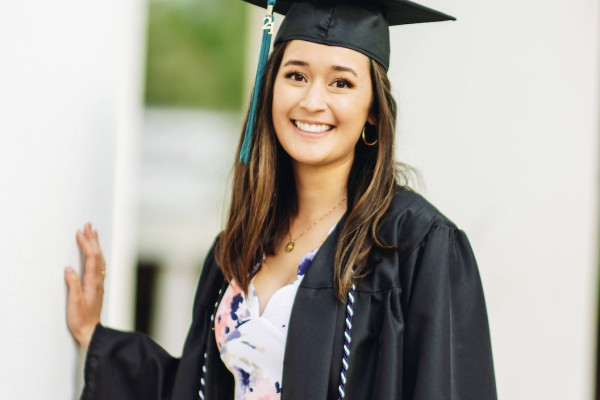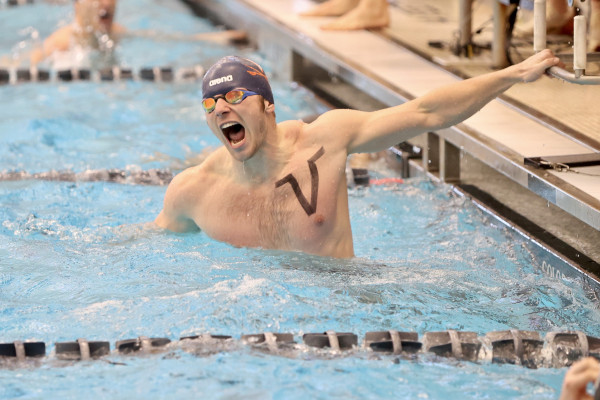From Politics to Twitch: A Grad Student’s Journey to Digital Humanities

Jed Baul became a digital humanist almost without even realizing it.
Following a discussion with Rennie Mapp, project manager for strategic digital humanities initiatives at the University of Virginia, Baul, a master’s degree student with UVA’s Department of Media Studies, discovered that he had taken several classes that could also apply toward completing the coursework required for the digital humanities certificate.
“I never would have considered myself a digital humanist,” Baul said. But after finding out more about what the discipline encompassed — applying digital methods to established fields to better understand a wide range of aspects of the human record and human culture — Baul learned that it aligned with their work and interests. Baul’s degree program, media studies, is also closely tied to the focus and goals of digital humanities.
“I guess I do fit,” he said.
The digital humanities program is, by its very nature, an inclusive community, open to any enrolled graduate student at the University — from any department and any school. While there are two required courses — a practicum and one on the theory and history of digital humanities — the certificate is designed to provide students significant flexibility to take electives that capture their intellectual imaginations.
The idea is to build an interdisciplinary community of students, who, after completing the program, are on a path to professional success as a result of the data skills they acquire as well as intellectually enriched and able to make unique contributions to discussions around the intersection of technology and society — all without slowing them down in the pursuit of their degree.
“With the pace of technological change, and the pace of growth of data science, it’s so important to the wider conversation to include humanists who are able to speak knowledgably about what data is and how data science is interpretive,” said Mapp. “That’s a goal for the latest iteration of the practicum course, especially.”
With their diverse interests, Baul was in many ways a natural fit.
Born in Japan in 2000, he was raised in a military family, moving to Chesapeake, Virginia, at a young age and growing up there. He enrolled at Virginia Commonwealth University in fall 2018, thinking that he was on a path to becoming a trauma surgeon.
“After six weeks, I completely changed that and decided that doing political science and international relations was something that I was more passionate about,” Baul said.
While at VCU, and shortly after graduating, he spent time working on political campaigns, doing everything from field organizing to social media and marketing. At the same time, he was developing a new interest: Twitch, which specializes in livestreaming of video game play.
Even though Baul decided that focusing on using Twitch wouldn’t be a viable career path, the platform has become a major research interest since enrolling in UVA’s master’s degree program for media, culture, and technology in August 2022.
It was about a year into the program when he learned more about digital humanities at UVA after applying for an internship with Mapp.
During Baul’s work that summer, he supported the digital humanities team in planning program events for the upcoming school year, assisting in research on digital humanities pedagogy, and providing additional website and communications support.
“I loved that he had worked in the private sector and was bringing a kind of efficiency to their work as an intern and that he converted that to an intellectual enthusiasm,” said Mapp.
It was at this time that Mapp informed Baul how close he was to finishing the digital humanities certificate. Now that he’s a full-fledged digital humanities student, he has seen first-hand the benefits that pursuing the field at UVA can offer.
“It’s a good mix of students — it really opens up to a lot of different perspectives,” he said.
Baul also appreciates the new, fun, and sometimes unorthodox ways he has been able to apply the skills he has developed. In one class, for instance, he worked to replicate the famous “flying toasters” screensaver that was seen on Macintosh computers decades ago.
“I feel like there’s something for everyone,” Baul said of the possibilities provided by the classes he’s taken for the program.
Baul’s time at UVA will soon come to a close. He’s been a graduate teaching assistant this academic year and is scheduled to complete and defend a master’s thesis on copyright law and content moderation policies for sites like Twitch later this spring.
Baul doesn’t yet know what their next career move is, whether back into political marketing or perhaps the gaming industry. But he does feel confident that many of the methods and skills he’s learned through the digital humanities program will be an advantage going forward.
“I feel like it’ll set me up pretty well,” he said.

